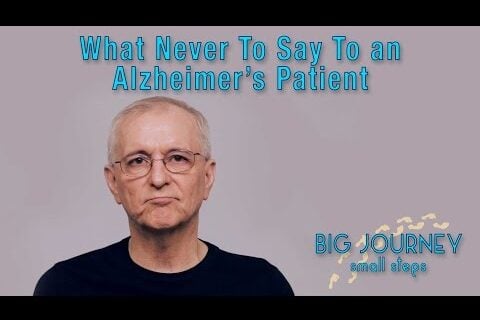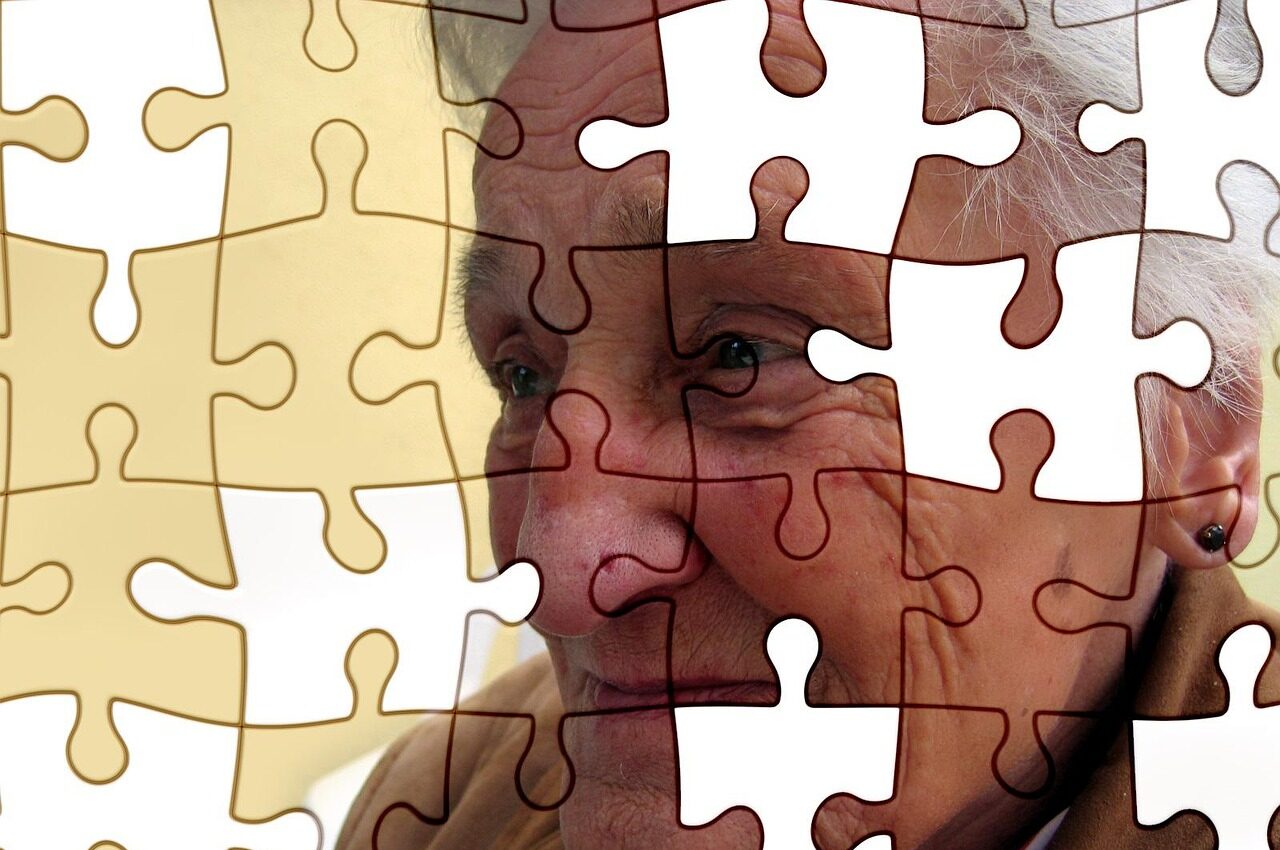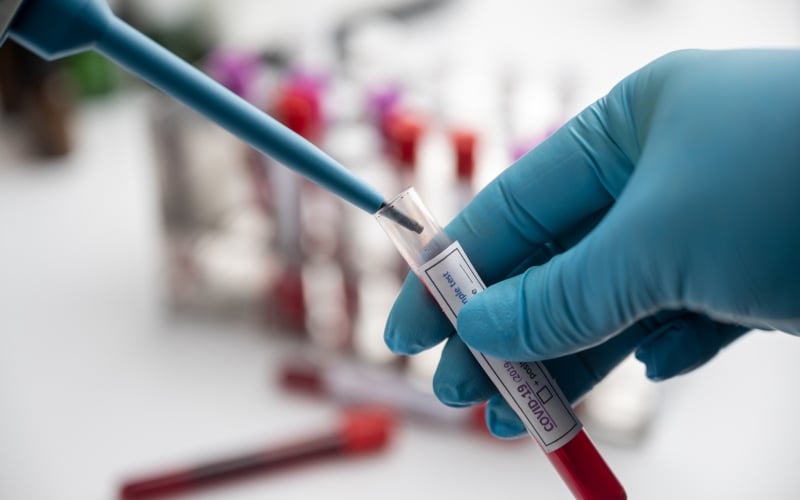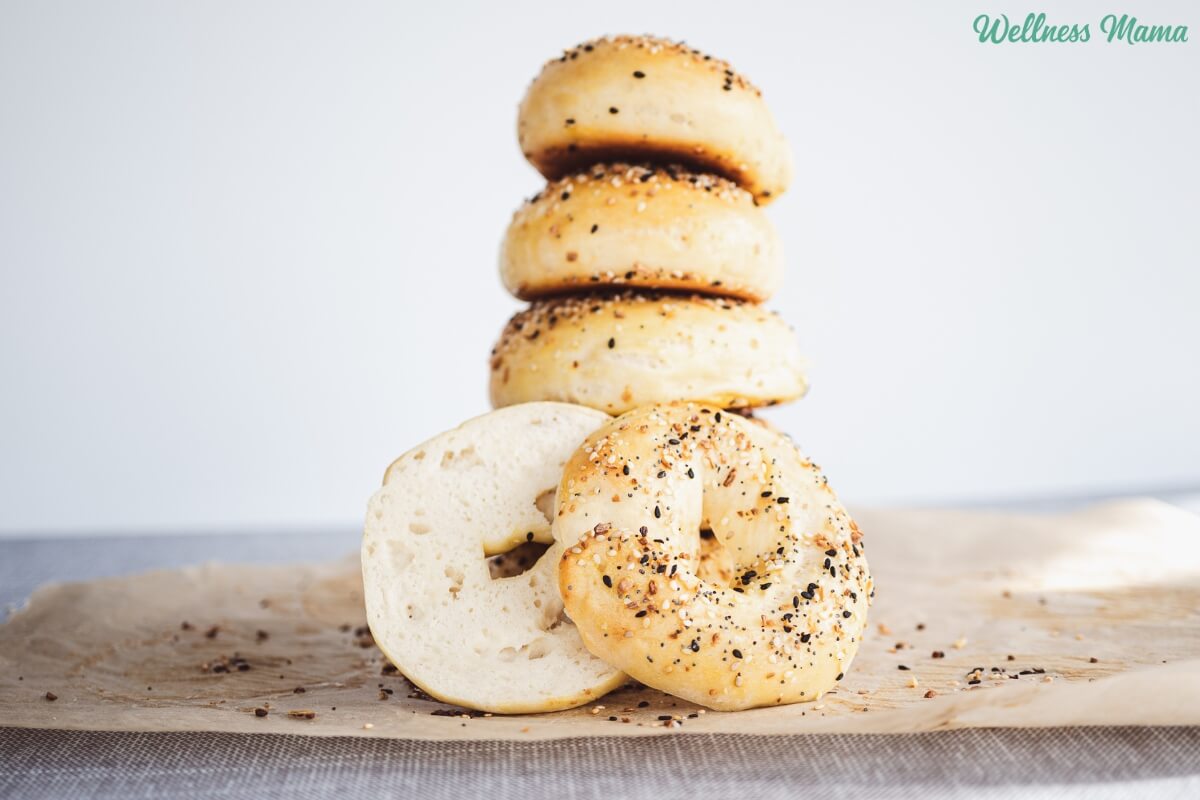 Author: Hannah FryeJune 14, 2023
Author: Hannah FryeJune 14, 2023 mbg Assistant Beauty EditorBy Hannah Fryembg Assistant Beauty EditorHannah Frye is the Assistant Beauty Editor at mindbodygreen. She has a B.S. in journalism and a minor in women’s, gender, and queer studies from California Polytechnic State University, San Luis Obispo. Hannah has written across lifestyle sections including health, wellness, sustainability, personal development, and more.Image by Kike Arnaiz / StocksyJune 14, 2023Our editors have independently chosen the products listed on this page. If you purchase something mentioned in this article, we may earn a small commission.
mbg Assistant Beauty EditorBy Hannah Fryembg Assistant Beauty EditorHannah Frye is the Assistant Beauty Editor at mindbodygreen. She has a B.S. in journalism and a minor in women’s, gender, and queer studies from California Polytechnic State University, San Luis Obispo. Hannah has written across lifestyle sections including health, wellness, sustainability, personal development, and more.Image by Kike Arnaiz / StocksyJune 14, 2023Our editors have independently chosen the products listed on this page. If you purchase something mentioned in this article, we may earn a small commission.It's the unfortunate truth: UV rays damage your skin1 and contribute to visible skin aging. Hence, why you see such a difference in the complexion of SPF-wearers versus SPF-avoiders, namely sun spots and drooping or sagging skin.
That latter sign of sun damage can actually be attributed to collagen damage, as UV rays wreak havoc on this skin-tightening compound. However, the sun isn't your collagen's only opponent. To come, three other factors contributing to collagen decline and damage you should know about:
Advertisement
This ad is displayed using third party content and we do not control its accessibility features.1.Smoking
There's a long list of reasons why smoking isn't great for you, including the appearance and health of your skin.
In fact, smoking is the "big one" for collagen damage, board-certified dermatologist Gary Goldenberg, M.D., previously told mbg.
"Smoking decreases the amount of oxygen delivered to tissues. Therefore, tissue cannot regenerate and is more likely to become damaged and die," he explains.
That, plus the oxidative stress of chemicals in tobacco smoke, can lead to premature wrinkles. One study on twins even found that those who smoked had more wrinkles, crow's feet, and facial lines than their nonsmoking counterparts.
2.Inflammation-triggering diets
beauty & gut collagen+ powder
A powerful daily ritual for glowing skin and strong hair & nails*
★ ★ ★ ★ ★★ ★ ★ ★ ★(165)
Shop now Shop now
Shop nowNext up: inflammation-triggering diets. See, what you eat has a direct impact on how your skin looks and feels, mainly due to inflammation.
Inflammatory diets, which often include eating plans that are high in sugar, simple carbohydrates, and processed meats, activate the immune system and promote inflammation throughout the body, says board-certified dermatologist Joshua Zeichner, M.D., which can wreak havoc on your natural collagen production.
So, say, if you've ever wondered why your collagen supplement doesn't work, take a look at the "other" ingredients on the label: Sugar-laden collagen supplements may do way more harm than good. Instead, look for sugar-free, hydrolyzed collagen peptides to support your natural collagen production—here's our list of the best of the best for your browsing pleasure.
Advertisement
This ad is displayed using third party content and we do not control its accessibility features.3.Stress
This one may not be that surprising, but it sure is often overlooked: Stress can age your skin. Research shows that stress can be pro-inflammatory2 and, again, that can lower your ability to naturally produce collagen.
Stress also causes an increase in hormones like cortisol, which research has found can decrease the production of collagen.
Easing stress in your life is easier said than done, but try taking it one step at a time and incorporating one stress-relieving activity into your daily routine—here are 10 science-backed approaches to try.
The takeaway
While UV rays can damage your skin's collagen levels, so can smoking, inflammatory foods, and stress. To support your skin's collagen production regardless, consider taking collagen supplements daily. Here, everything you need to know about finding the best products and the full-body benefits of collagen supplementation. And as always: Maintain healthy sun habits!
 Hannah Fryembg Assistant Beauty Editor
Hannah Fryembg Assistant Beauty EditorHannah Frye is the Assistant Beauty Editor at mindbodygreen. She has a B.S. in journalism and a minor in women’s, gender, and queer studies from California Polytechnic State University, San Luis Obispo. Hannah has written across lifestyle sections including health, wellness, sustainability, personal development, and more. She previously interned for Almost 30, a top-rated health and wellness podcast. In her current role, Hannah reports on the latest beauty trends, holistic skincare approaches, must-have makeup products, and inclusivity in the beauty industry. She currently lives in New York City.
2 Sources
- https://www.ncbi.nlm.nih.gov/pmc/articles/PMC3790843/
- https://www.ncbi.nlm.nih.gov/pmc/articles/PMC5476783/











